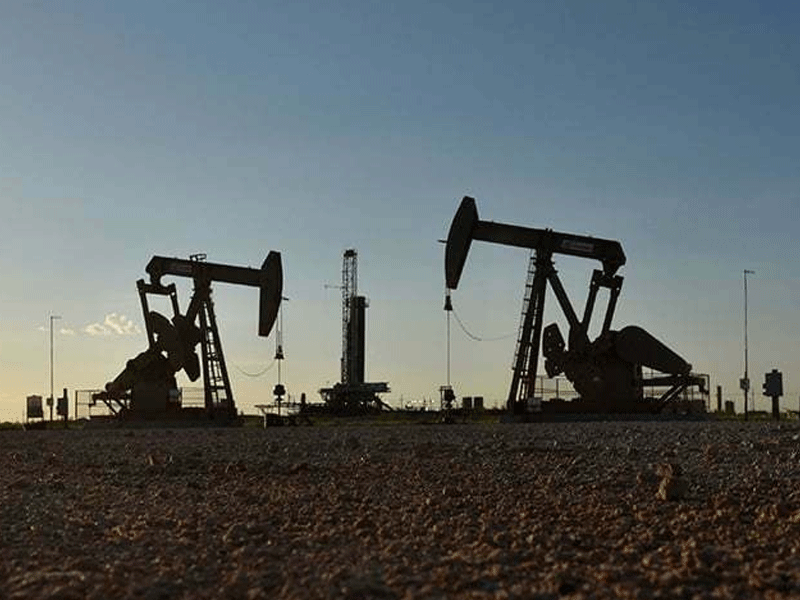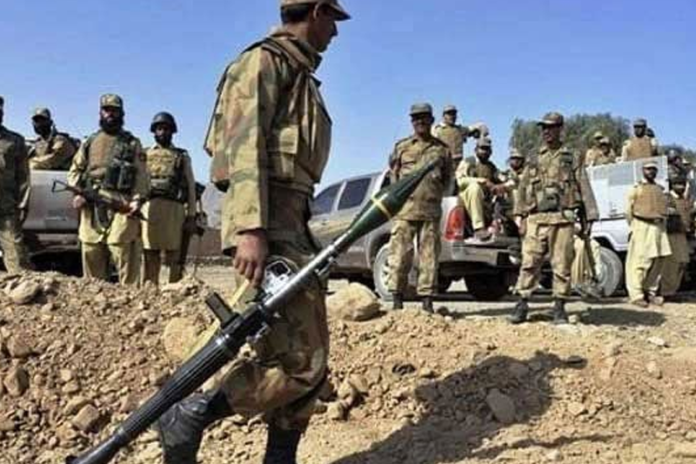News gas discoveries: a welcome development

- 269
- 0
At time when the country is faced with unprecedented energy woes, the discoveries of new gas reserves in Sindh is something to rejoice.
Almighty Allah has enriched Pakistan with countless mineral resources, including deposits of oil, natural gas, coal, limestone, chromite, copper, gypsum, salt, marble, gold, etc. These mineral resources play an important role in promoting rapid economic and industrial development. Internal and external companies are also exploring oil, gas and other mineral deposits in the homeland. New gas deposits have been discovered in Kirthar block of Dadu district of Sindh. Initially, this well will yield 7.8 mmscf of gas per day. Recently, large oil and gas reserves have also been discovered in Waziristan, Kirk and Dera Ismail Khan regions of Khyber Pakhtunkhwa, from which 39.12 million cubic feet of gas and 1840 barrels of oil can be extracted per day. Before this, apart from Sui, gas is being extracted from 13 places in Sindh and Potohar. Discovery and exploitation of new reserves will help reduce dependence on oil and gas imports and save valuable foreign exchange. About 35% of Pakistan’s energy needs are met by gas. Gas is used as fuel, and in generation and manufacturing of cement, chemical fertilizer, thermal power generation apart from general factories. According to an estimate, the ratio of gas production is 70% in Sindh, 12% in Balochistan, 10% in Khyber Pakhtunkhwa and 8% in Punjab. Although mineral deposits have been discovered across the country, there are opportunities to find more, which need to be given full attention to the facilities of finding and making them usable.
Meanwhile, the reliance on own resources can also provide relief from external debt.
The work on the project to bring the gas reserves discovered in North Waziristan and Frontier Region Betni into the national system has been stopped for months.
Following the discovery of gas and oil reserves here in September 2021, Sui Northern Gas Pipelines Limited on June 17 last year announced plans to lay a 295-km long pipeline to bring gas from the fields to the company’s transmission net injection point or gas system. was approved.
The project costing Rs 23.4 billion was expected to be completed by June 2023. However, the people of Bakakhel Tehsil of Bannu District stopped the construction work on July 24 in protest against the project.
On the other hand, last year, the government entered into petroleum concession accords and gave exploration licences to a number of energy companies to investment a minimum $65 million in the first three years of exploration work to explore new oil and gas reserves.
The irony is that work on such projects is slow and needs to be accelerated.
On the other hand, the economists say that Pakistan will have to also look into alternative sources of energy like the Solar and wind power which are not only cheaper but also available in abundance.
A recent report by the World Bank says that there is an urgent need for expanding the Solar and wind power in Pakistan at least by 30 percent of energy consumption in the country to overcome the energy woes. Another report said that Pakistan can easily secure around twenty per cent of total power consumption from solar energy, wind and other renewable resources of energy and for that it will have to focus on the on existing substations forthwith as there is an urgent need for doing so.
It is welcome to note that already a good number of power consumers are shifting to solar energy to overcome the rising budgets and also to avoid the long spells of load shedding, especially in summer months.
Against this backdrop, it has become necessary to focus on renewable energy resources to avoid the impeding catastrophe due to the gas and electricity prices which are going to have a multi-pronged impact on the lives of consumers including the shopkeepers, business persons as also the domestic consumers.
On the other hand, solar energy is also environment-friendly and in the awake of climate change effects on Pakistani which is among the ten most vulnerable countries in this regard, the government must ensure strategy to attract consumers to renewable energy resources which are comparatively cheaper sources of energy.
As a matter of fact, in post pandemic scenario, fuel prices have sky-rocketed in the international market supply due to which we pay a high import bill which is a burden on our national exchequer. But since the solar energy prices are cheaper as compared to electricity, gas or oil, it the most viable option to switch over this system for the sake of our future.
It may be mentioned here that currently we mainly depend on hydel and thermal power for electricity production and the share of solar and other renewable resources in power production is only three and half per cent which needs to be increased rapidly.
Some time back it was reported that the government is going to come up with new solar power policy, which is expected to be announced next month and it remains to be seen how the coalition government copes with the rising prices of electricity and what steps it ensures to attract the consumers to solar energy, which is need of the hour.
On the other hand, the new gas discoveries should also be given due attention. It can provide new venues and can help control the energy crisis to some extent as can overcome the gap between supply and demand of gas from indigenous resources. Likewise, it will enhance the capacity of the hydrocarbon reserves base of the country which is in grip of energy crisis.
And last but not the least, the latest discoveries have coincided with the economic crisis that has hit Pakistan, which is facing a fast depletion of its reserves.
Published in The Daily National Courier, April, 06 2023
Like Business on Facebook, follow @DailyNCourier on Twitter to stay informed and join in the conversation.

















































